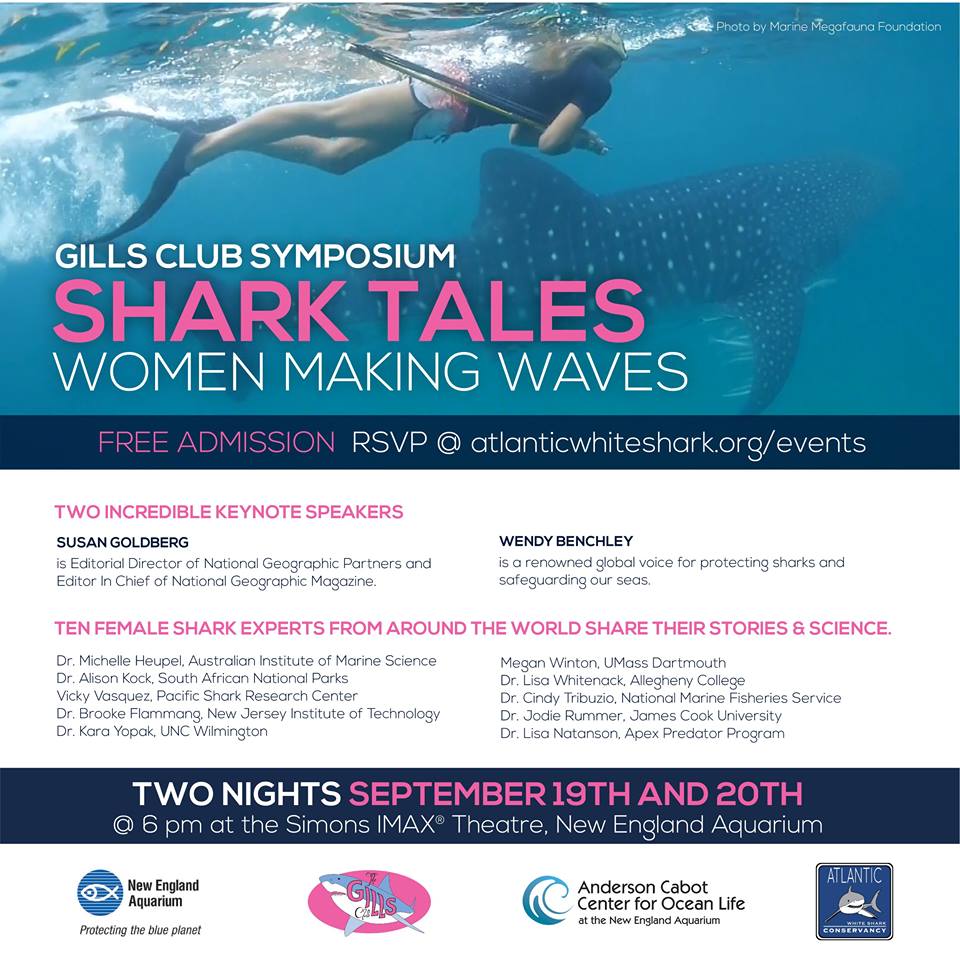Two weeks ago, tragedy struck in New England as a boogie boarder was killed by a great white shark. Though shark bites* in general and fatal shark bites* specifically are incredibly rare (Mr. Medici was the first person killed by a great white shark in Massachusetts waters in 82 years), emotions are running high. Some Cape Cod residents are explicitly calling for a cull (targeted killing) of great white sharks.
Such a cull would be devastating for a recovering but still protected shark species, has been shown not to effectively reduce shark bites, and is opposed by shark experts around the world, but what, if anything, should local governments do instead? I’ve written in the past about alternatives to lethal shark control here and here, but not every solution is applicable for every location; local oceanographic conditions vary, as well as local laws and cultural norms. I reached out to three experts to ask what, if anything, they think should be done here. Here’s what they had to say:
